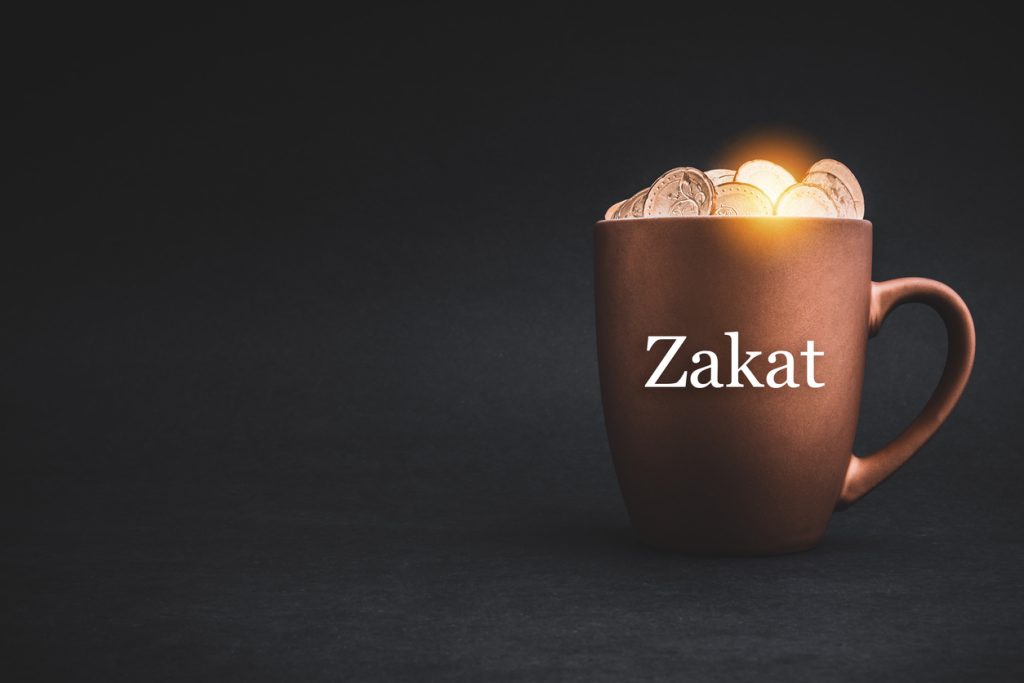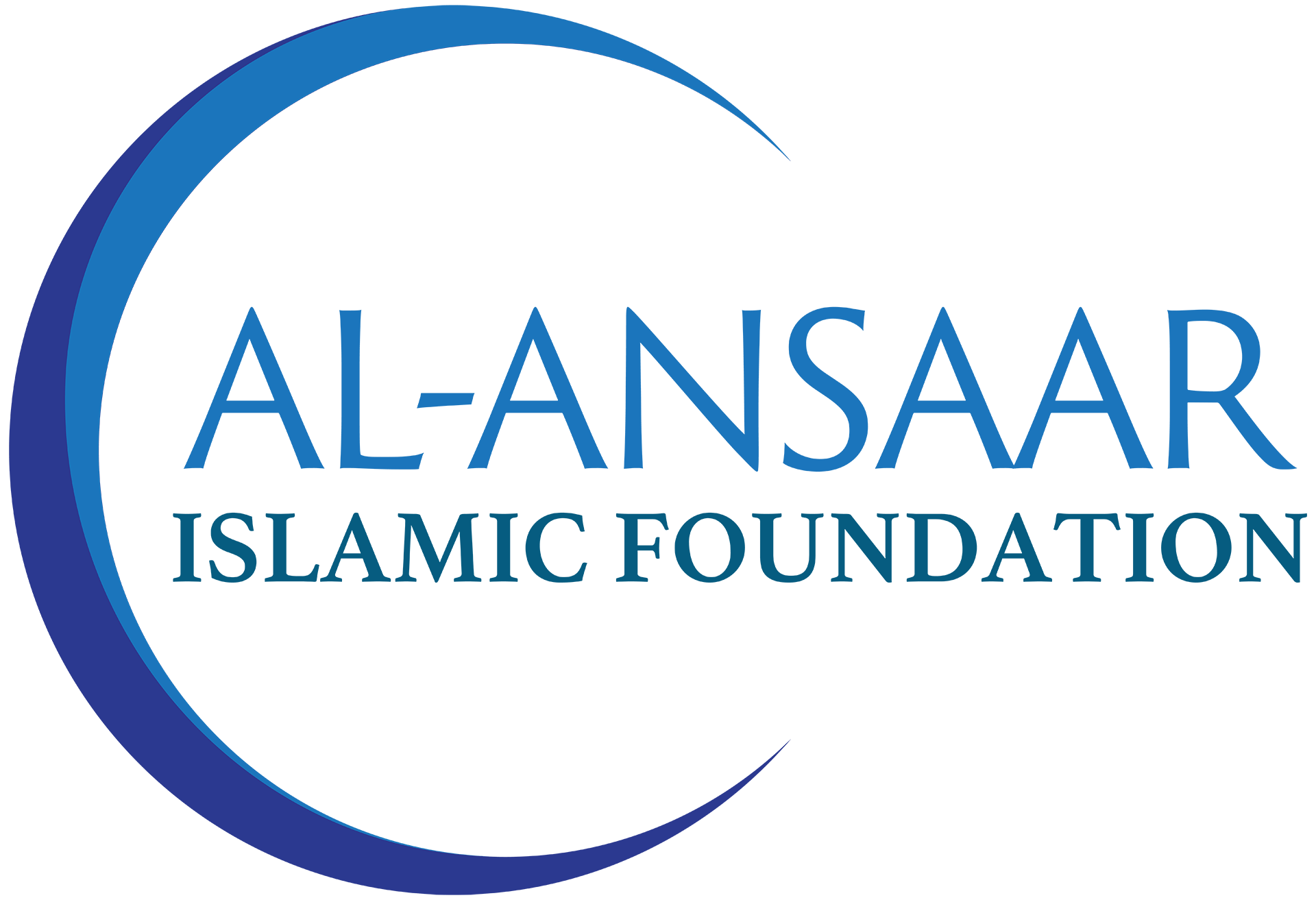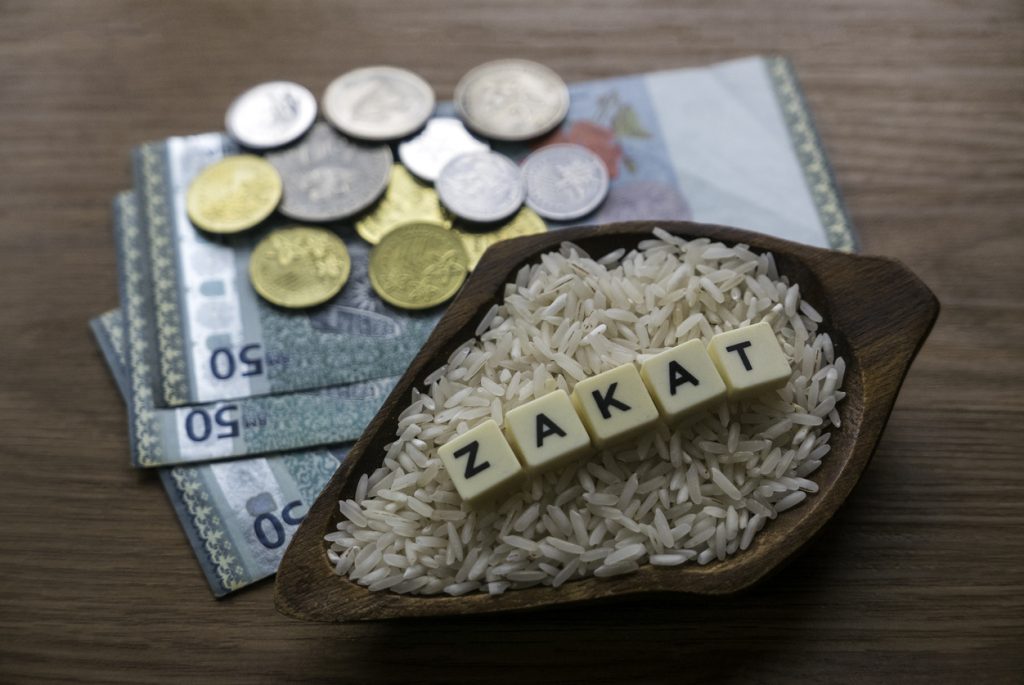Donate Zakat: Can Zakat be given to relatives?
Zakat is an important element in Islam and is deemed one of the five pillars. Charitable acts can purify your earnings if your income exceeds what is required to give you the essentials to live. Inevitably, as you think of ways to give Zakat, you might be wondering if it is permitted to help blood relatives or if this is disallowed under the specific terms of Zakat. While the particulars of who you can give Zakat to may seem murky, they can be easy to learn.
Discover all you need to know about how to donate Zakat and if helping family members struggling with money can be a method of giving Zakat.
Giving to relatives
If you want to give a relative money to supplement their needs, this is generally a permitted act of charity under the Zakat conditions. Though parents cannot give their children money and children cannot give to their parents as forms of charity, you can bestow monetary gifts to other relatives who may be living below their needs. Before you give your Zakat, you still need to properly navigate this form of charity before pursuing it by examining three different factors that could determine whether giving money to relatives is an acceptable form of Zakat.

The closeness of the relative
One question you may want to ask yourself before giving your Zakat to a family member is: How close is this family member? Suppose you are particularly distant from this relative and have no legal or moral obligation to help them with their expenses. In that case, it is okay to send your Zakat to them, directly or indirectly. If you are close to a relative, like a husband to their wife, a child to their parents and vice versa, grandchildren to their grandparents, and vice versa, you cannot give your Zakat to those relatives. This is disallowed because giving money to such a close relative is essentially like giving money to yourself under Zakat conditions. According to Zakat resources, relatives eligible to receive your Zakat charity can include cousins, aunts and uncles, siblings, and nieces and nephews.
Who is giving the Zakat?
Another question you need to ask yourself before giving a charitable portion of your money to a family member is who exactly is giving the Zakat? If you are giving your Zakat to a charitable organization that a family member uses to supplement their lack of funds, this is actually permitted. While you cannot give money to your parents or children directly, if you happen to donate to a charity that helps your close family members, this form of Zakat still counts and is undoubtedly permissible.
Financial responsibilities
There are often telltale signs indicating whether you can give your Zakat to a relative. If you live with a relative, they are most likely barred from receiving your Zakat. Similarly related, if a family member is already financially dependent on you, they are also unable to receive Zakat from you when you’re already providing for them.
Husband and wife
Though it may seem that giving your Zakat to your spouse would be disallowed, under some circumstances, it is permitted. To donate Zakat to your spouse is allowed when the wife gives their Zakat to a husband that is struggling financially, though some scholars argue that a wife should not do this if they benefit from this indirectly or directly. Because a husband is responsible for a wife’s financial needs, husbands are not allowed to give their Zakat to them.







